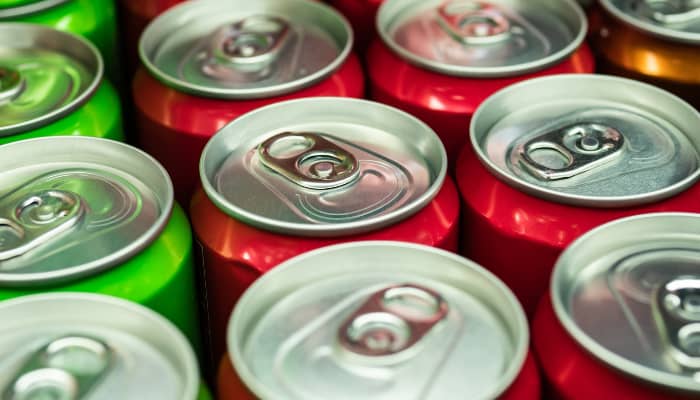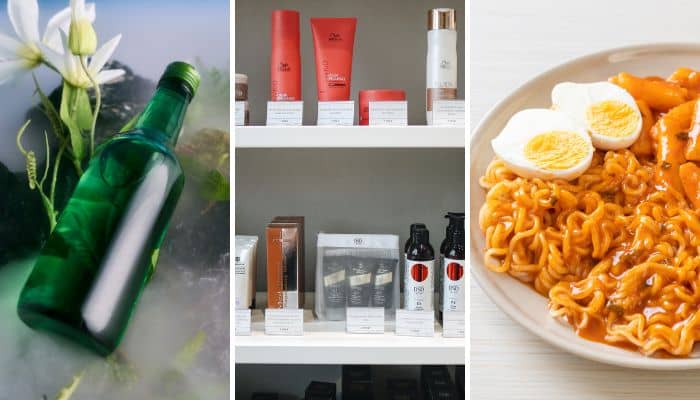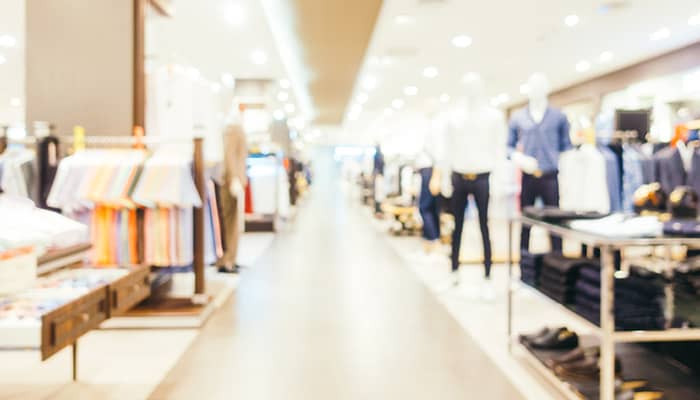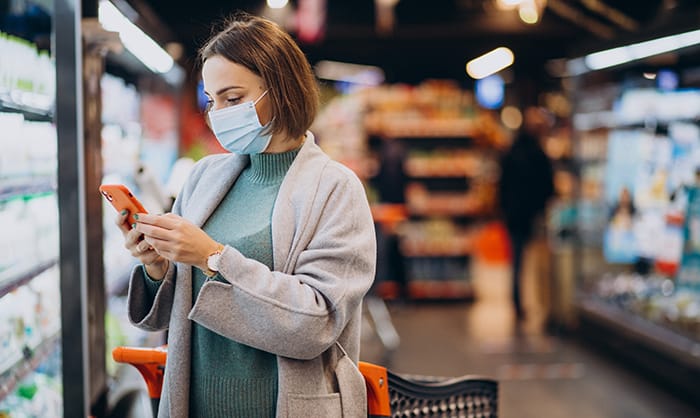Japan – Nearly one-third of consumers in East Asia cite the ability to “order at any time, from anywhere” as a crucial factor driving their online shopping habits, a report by Euromonitor International revealed.
The report highlights that increased high-speed internet availability and rapid urbanisation in East Asia have fuelled a strong demand for quick and efficient shopping solutions, significantly shaping the region’s evolving e-commerce landscape.
Sachi Kimura, consultant at Euromonitor International, said, “The demand for quick and efficient shopping solutions in the region is being driven by the tech-embracing, fast-paced nature of daily life in these three countries. E-commerce platforms are continuously evolving to meet the increasing need for convenience among consumers in East Asia.”
According to the report, East Asia remains a major player in global e-commerce, with China, Japan, and South Korea accounting for 87% of Asia Pacific’s e-commerce sales value and 40% of global sales value in 2023. Despite being mature markets, these countries are also projected to retain 85% of the region’s retail e-commerce sales by 2028.
As the ‘home of health and beauty,’ East Asia has demonstrated a strong presence in the online health and beauty sector. Notably, four of the top ten beauty and personal care companies, as well as six of the top ten consumer health companies, are based in the Asia Pacific region.
Moreover, the food and drink industries, which currently have lower online penetration, are experiencing growth as their e-commerce channels are still emerging and have significant potential for expansion.
The report found that South Korea experienced double-digit growth in 2023, driven by the relaxation of online retail regulations for traditional alcoholic products from local small breweries. In Japan, online retail of soft drinks grew by 14%, reflecting rising demand for bulk options and sustainably packaged bottled beverages.
Meanwhile, China showed a strong e-commerce presence in most fast-moving consumer goods (FMCG) spending, recording double-digit penetration online.
“Low penetration can suggest the product’s nature, and consumers’ preference is to shop in person. However, convenience seeking is pushing these categories towards online channels, with many opportunities lying ahead,” Kimura noted.
Euromonitor’s report reveals that, in contrast to e-commerce leaders like the US and the UK, marketplace platforms dominate the East Asian e-commerce landscape. In China, the top two retailers, Tmall and Douyin, have together captured over 70% of the health and beauty online sales market share over the past two years.
Additionally, nearly half (47%) of consumers in China view social media influencers as a trusted source of health information, significantly higher than the global average of 34%. Furthermore, 27% of Chinese respondents reported that social media influenced their decision to take dietary supplements in 2023, compared to the global average of 16%.
Marketplaces also lead the health and beauty online sales in Japan and South Korea, with the top two e-commerce retailers—Amazon and Rakuten in Japan and Coupang and Naver in South Korea—maintaining a stable presence over the past two years.
The report highlighted significant growth potential in other online channels, particularly health and beauty specialist shops. For example, in South Korea, Olive Young is emerging as one of the leading health and beauty lifestyle platforms, offering exclusive brands and competitive prices. The retailer is also working on enhancing its consumer trust through rigorous merchandising standards.
Yang Hu, insights manager for health and beauty Asia at Euromonitor International, commented, “Digital marketplaces are constantly evolving. Through various channel sales, businesses can gain dynamic insights into market trends, consumer preferences, pricing strategies, and promotional tactics. This knowledge enables brands to identify gaps in the market, differentiate their offerings, and refine their own approach to stand out in a crowded digital landscape.”










